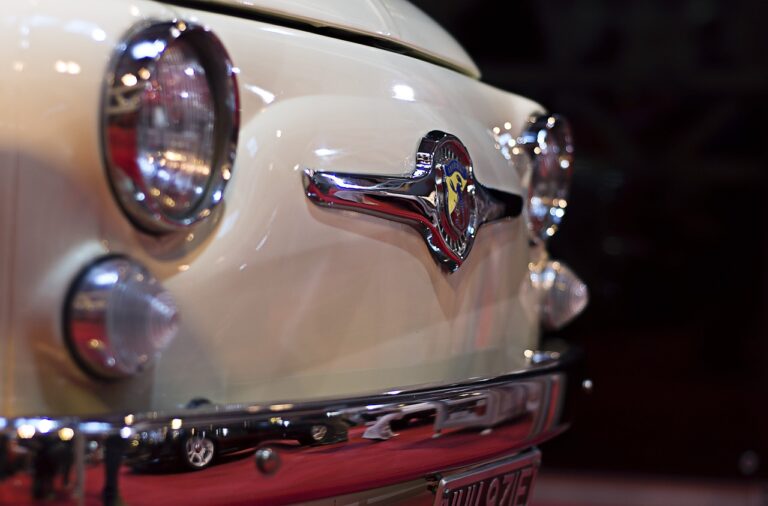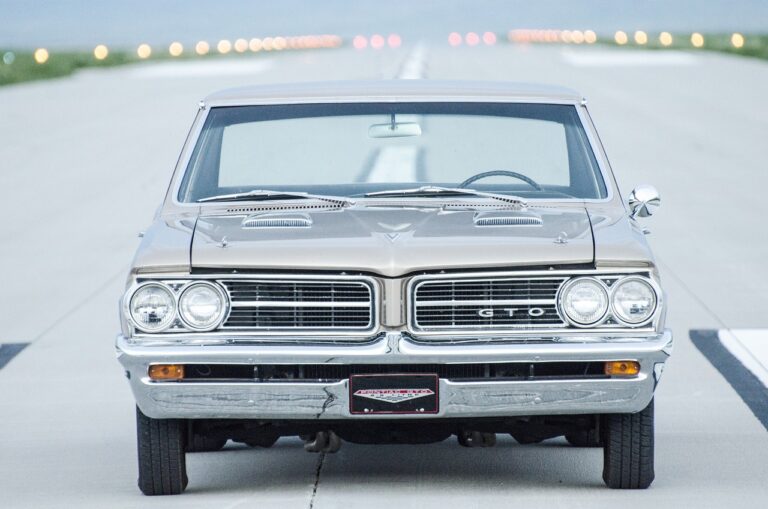The Psychology of Car Ownership: Emotional Attachment and Satisfaction
Personal memories play a significant role in shaping individuals’ attachment to their cars. Oftentimes, a car becomes more than just a mode of transportation; it becomes a vessel for cherished memories and experiences. For instance, a person may develop a strong emotional bond with a car that has been part of memorable road trips, family outings, or significant life events.
These personal memories become intertwined with the car itself, creating a unique attachment that goes beyond the vehicle’s physical attributes. The sentimental value attached to these memories can lead to a deeper emotional connection with the car, making it more than just a possession but rather a part of one’s identity and personal history.
• Personal memories play a significant role in shaping individuals’ attachment to their cars.
• A car becomes more than just a mode of transportation; it becomes a vessel for cherished memories and experiences.
• Developing a strong emotional bond with a car can stem from memorable road trips, family outings, or significant life events.
• Personal memories become intertwined with the car itself, creating a unique attachment that goes beyond the vehicle’s physical attributes.
• The sentimental value attached to these memories can lead to a deeper emotional connection with the car.
Understanding the Role of Social Status in Car Satisfaction
Social status plays a significant role in determining an individual’s satisfaction with their car. For many people, the type of car they drive is a reflection of their social standing and success. Owning a luxury or high-end vehicle often signifies wealth and prestige, which can contribute to a sense of satisfaction and status for the car owner.
In societies where social status is highly valued, individuals may feel pressured to own a car that aligns with societal expectations. This pressure to keep up with others in terms of car ownership can influence a person’s satisfaction with their vehicle. Conversely, those who are less concerned with social status may derive satisfaction from a vehicle based on different factors such as functionality, reliability, or personal preference.
The Impact of Brand Loyalty on Emotional Attachment to Cars
Brand loyalty plays a significant role in fostering emotional attachment to cars. When individuals develop a strong affinity towards a particular automotive brand, their connection goes beyond mere ownership. This deep-rooted loyalty often stems from positive experiences associated with the brand, which can lead to a sense of identity and pride in owning a vehicle from that specific manufacturer.
Moreover, brand loyalty can evoke emotional responses that create a bond between the driver and their car. The familiarity and trust built over time with a preferred brand can result in a heightened emotional attachment, where the car becomes more than just a mode of transportation. This emotional connection can influence how individuals perceive their cars, fostering a sense of attachment that transcends the physical aspects of the vehicle.
How does personal memories influence car attachment?
Personal memories can play a significant role in forming emotional attachment to cars. Positive memories associated with a particular car, such as family road trips or first dates, can enhance the bond between the owner and the vehicle.
Why is social status important in car satisfaction?
Social status can impact car satisfaction as individuals may perceive a certain brand or model to be associated with a higher social status. This can influence their emotional attachment to the car and overall satisfaction with their choice.
How does brand loyalty affect emotional attachment to cars?
Brand loyalty can deepen emotional attachment to a car as consumers develop a sense of trust and familiarity with a specific brand. This loyalty can lead to a stronger emotional connection with the car and a higher level of satisfaction.







